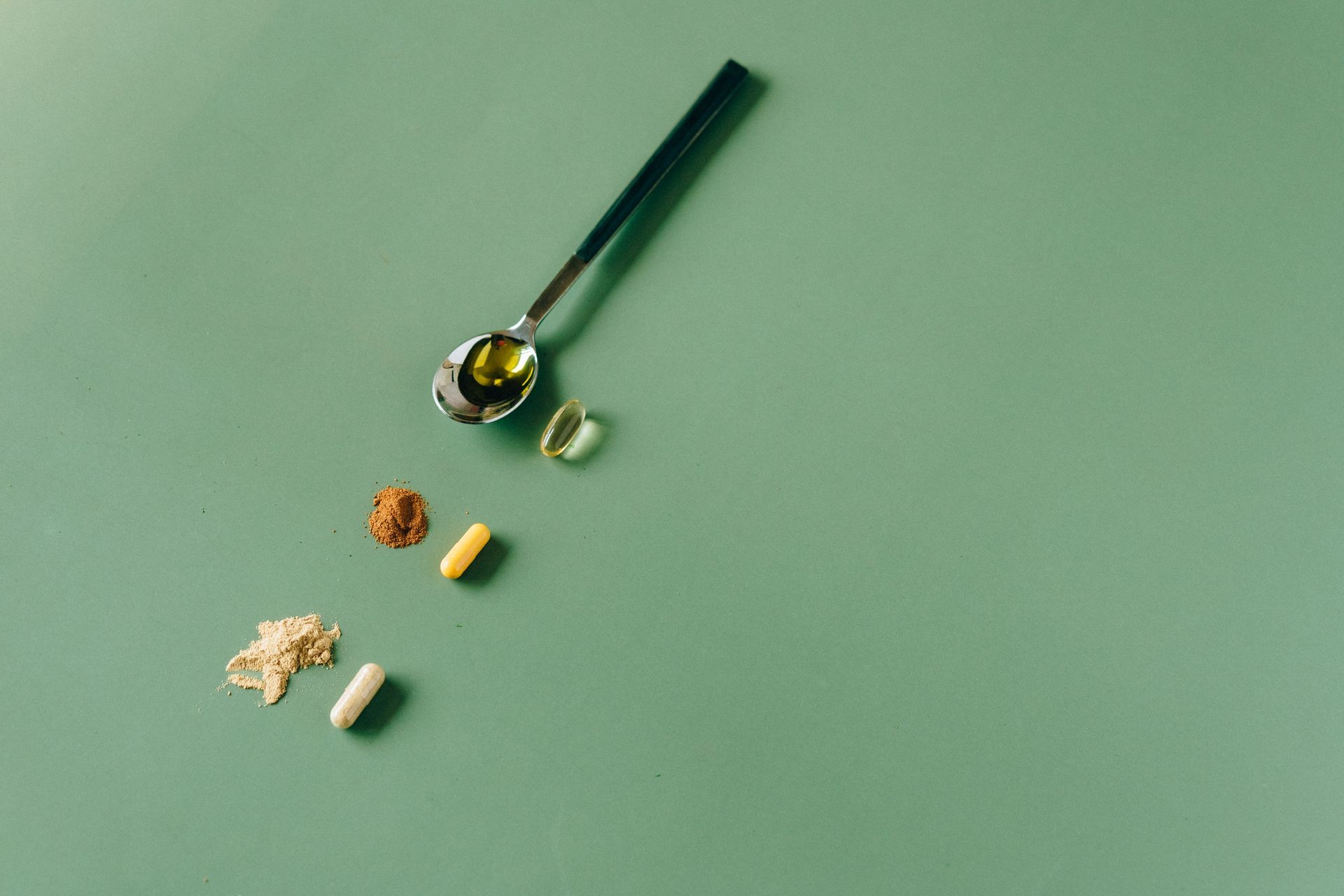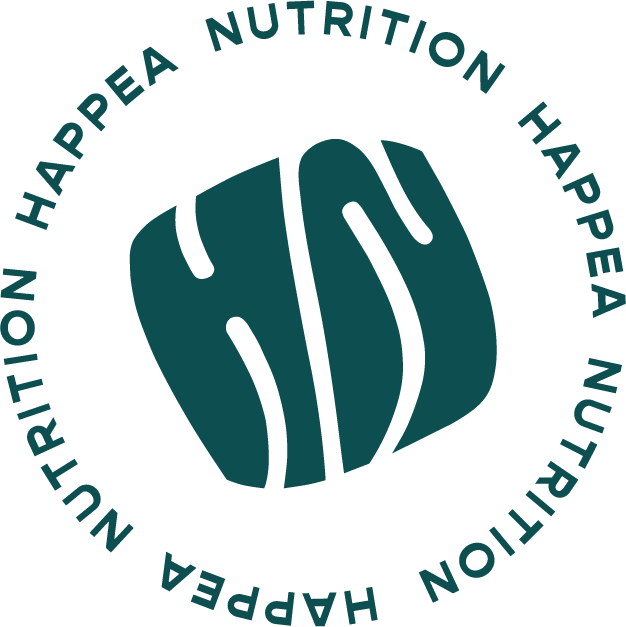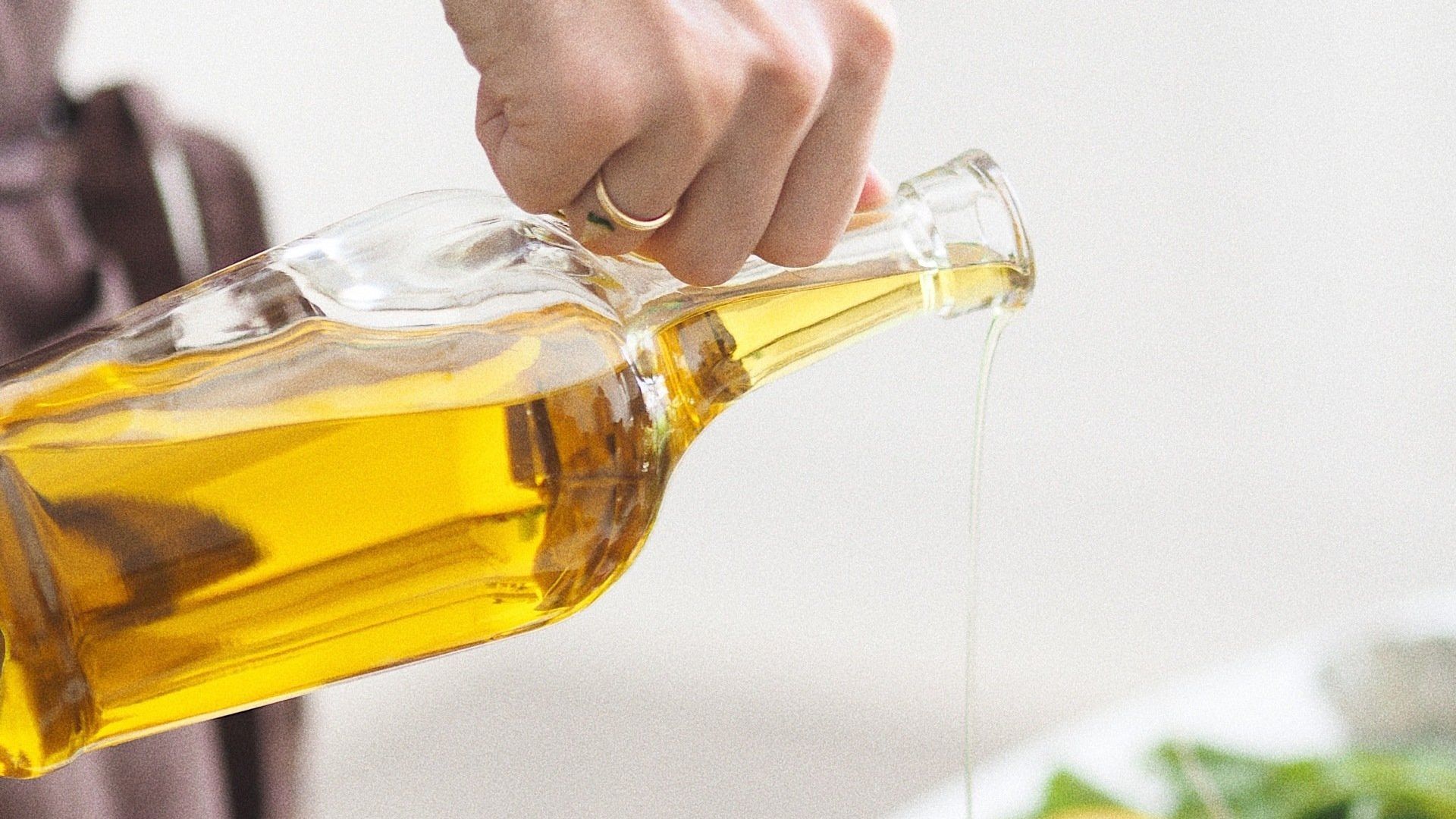Is diet soda bad for me?
If you consult any wellness website, you will quickly find out that sugar may be "bad" but artificial sweeteners are "even worse". Usually they will simply use the appeal to nature fallacy: at least sugar is natural. Artificial sweeteners are chemicals! The appeal to nature fallacy is when anything natural is labeled as safe and anything "unnatural" as dangerous. Of course it's total bogus since some of the most dangerous toxins know to man occur in nature, but that's a discussion for another time. I looked at some of the research on artificial sweeteners and diet soda for you. Here are the top questions I get answered:
Do artificial sweeteners cause cancer?
When people try to scare you about chemicals in food, remember this: the dose makes the poison. If you administer any substance in excess, it could be carcinogenic. Sunlight is a carcinogen, but when we enjoy the sun in a safe way, it can be good for us. Another known carcinogen that most people seem to blissfully ignore is alcohol. There is a direct link between alcohol and many diseases, yet many people can live long lives while enjoying alcohol safely.
A lot of the research that claims sweeteners are carcinogenic, is animal research. In fact, saccharin was previously taken off the market because research in the 70s claimed it causes bladder cancer. And it does, but only in rodents. Luckily people aren't rats. The mechanisms by which a bladder tumor develops in rats are not relevant to humans. So, after some additional research on safety in humans, saccharin was re-introduced.
Keep in mind that most animal studies are done using extremely high doses of substances. No human could possibly consume enough to reach these levels. Even in some human trials, the highest safe dose is used and that's higher than most people would consume in their diets. Artificial sweeteners are 200 to 600 times sweeter than sugar, so you really don't consume a lot of them in everyday items.
A recent meta-analysis looked at data on different types of artificial sweeteners and cancer risk. They found no significant association. The American Cancer Society and other agencies also urge consumers to let go of this popular myth and focus on reducing exposure to real carcinogens, like: alcohol, UV rays, tobacco, or excess body fat.
Do artificial sweeteners make you crave sugar?
Now this is an interesting concept - people claim that our brains get a signal that we are eating sweet food but then we aren't getting sugar, so we end up eating more sugar. It's a creative idea but even from a logical standpoint - questionable.
Researchers did look into the claims to better understand this mechanism. What did they find? Not much. If this concept were true, people who switch from Sugar Sweetened Beverages (SSB) to diet soda, should see no change in weight or even gain weight. However, most research shows pretty clearly that those who switch from sugary beverages to diet soda will lose weight and have an easier time sticking to their diet, possibly due to not feeling deprived. Some research even indicated diet soda may be more effective than water for those who usually drink SSB, which makes sense because people who drink a lot of soda are unlikely to just give it up overnight for plain water. Therefore, we can forget this very interesting mechanism, that has no relevance in real life.
Do artificial sweeteners change your gut microbiome?
This is another popular argument. I want to clarify that the microbiome is a very adaptable organ and will change in response to any dietary changes. Furthermore, while a lot of people jump to conclusions, we actually still know very little about the microbiome. For example, we do not have a definition of what a good or bad microbiome is. Therefore, the statement that a substance or a food changes the microbiome is simply stating the obvious but gives us absolutely no useful information about any disease links or health consequences of said change. Your microbiome will change when you travel to a new country or start eating a new type of fruit. Does that have any meaning? We still aren't sure.
But the data is out there and often used to scare people, so let's look into it. A lot of the data we currently have is once again rodent research, which is not applicable to humans. One study that is frequently cited was a very small trial in just 7 healthy adults. They also didn't consume low-calorie sweeteners before the trial, so a change was to be expected with the introduction of a new food. The study had extremely questionable methods and the conclusions drawn were premature to say the least.
What is more, it is important to understand the chemical structures and metabolic pathways of artificial sweeteners. Many sweeteners have no calories because of the way they are metabolized. For example, aspartame is broken down and never reaches the colon, where it would potentially interact with the microbiome. Many of the substances used as sugar substitutes are not digested in the gut, where they would interact with the gut bacteria. All in all, negative effects on the gut microbiome could not be confirmed. The microbiome most likely adapts to sweeteners after a while and we really need to understand more about gut health before we jump to conclusions.
Do artificial sweeteners the risk of heart disease?
Another claim that was fueled by recent findings from NutriNet-Santé study, which was an observational study. Observational data is very important as it gives us an idea about certain dietary patterns and correlations between behaviors and likelihood of developing a disease. However, no causality can be established based on observational data.
The study suggests an association between intake of artificial sweeteners and heart disease. This was an excellent study, unfortunately, this conclusion is not very helpful. While the design was excellent, dietary data was still self-reported. This means researcher relied on what people told them to determine dietary intake. The food recalls were also collected periodically, so a lot of data could be missed. 24-hour food recalls are not a good tool for assessing average intakes over time.
Additionally, in this cohort, people who consumed more artificial sweeteners were also more likely to consume more ultra-processed foods. This is a very important red flag because overall diet may contribute more to cardiovascular disease that the sweeteners. Were they eating high fat foods with sweeteners? This could be the actual factor that increased risk, not the sweeteners independently. We won't know because this data was not collected and all we can do is wonder. I know you may think I am cherry picking now, but these are the things we need to consider before we tell people an ingredient causes disease.
Multiple studies actually show that replacing SSBs with diet soda reduces the risk of cardiovascular disease by reducing major risk factors, such as excess body weight or percentage of body fat. There are currently no known plausible mechanisms by which artificial sweeteners could be an independent risk factor for cardiovascular disease.
Do artificial sweeteners help you lose weight?
If you usually drink regular soda and switch to diet soda, you are more likely to lose weight. This is a fact: we have solid evidence showing that replacing SSBs with diet soda results in weight loss. This honestly should not surprise anyone since added sugar intake is reduced and so are is calorie intake.
There is currently no plausibility behind claims that artificial sweeteners increase sugar cravings, unfavorably change the gut microbiome, or have any other effect that may independently affect weight. They are a very helpful tool to reduce added sugar intake which helps reduce calories in the diet, thus resulting in weight loss. Period.
Bottom line
Please keep in mind that diet soda is still not something that should be chugged in excessive amounts. I always recommend transitioning to mostly water or flavored water. However, the fear mongering around artificial sweeteners and diet soda seems to be completely unnecessary. All sweet beverages should be seen as a treat and not a replacement for water.
However, if you usually drink coke, swapping that for a diet coke will likely benefit your health. The current scientific literature suggests that artificial sweeteners, when consumed within the recommended doses, do not cause harm to humans.
Sources
- Association of Low- and No-Calorie Sweetened Beverages as a Replacement for Sugar-Sweetened Beverages With Body Weight and Cardiometabolic Risk A Systematic Review and Meta-analysis
- Artificial sweeteners and risk of cardiovascular diseases: results from the prospective NutriNet-Santé cohort
- Does low-energy sweetener consumption affect energy intake and body weight? A systematic review, including meta-analyses, of the evidence from human and animal studies
- The effects of low-calorie sweeteners on energy intake and body weight: a systematic review and meta-analyses of sustained intervention studies
- Low-calorie sweeteners and body weight and composition: a meta-analysis of randomized controlled trials and prospective cohort studies
- Association between intake of non-sugar sweeteners and health outcomes: systematic review and meta-analyses of randomised and non-randomised controlled trials and observational studies
- The relationship between the use of artificial sweeteners and cancer: A meta-analysis of case–control studies
- Assessing the in vivo data on low/no-calorie sweeteners and the gut microbiota
- Artificial sweeteners induce glucose intolerance by altering the gut microbiota
- Do artificial sweeteners cause cancer?
- Does Aspartame Cause Cancer?
- Report on Carcinogens, Fifteenth Edition
- Carcinogenicity of saccharin
Join my newsletter to get notified about new posts
Contact Us
We will get back to you as soon as possible
Please try again later
Join my newsletter to get notified about new posts
Contact Us
We will get back to you as soon as possible
Please try again later



